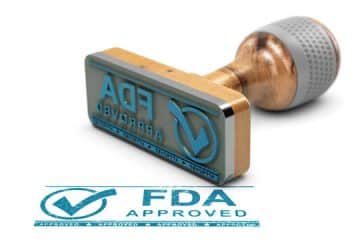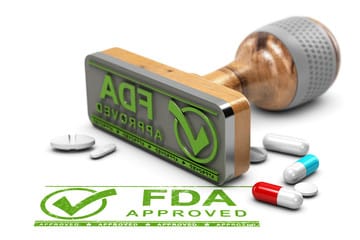What does the FDA do? The FDA is a Federal agency designed to protect the public from harmful products. It is also known by its acronym FDA, for United States Food and Drug Administration, which is also short for federal consumer protection. It’s one of the largest federal executive agencies. It is in charge of promoting public health by regulating and inspecting food, drug, cosmetics, health care, health education, pharmaceuticals, personal products, veterinary services, agriculture, administrative services, and more.
What does the FDA do?
They test and regulate food and drugs, everything from food additives to antibiotics to growth promoters. The Food and Drug Administration creates and implements national program guidelines and policies to govern the safe storage, production, distribution, marketing, and consumption of food and medicines. Those involved with food safety are called processors or cultivators, while those responsible for food safety are called commissaries or registrants. Some numerous colleges and schools offer courses related to food safety and medical information management. With the increase in population, there has been an increase in food processing plants that have sprung up.

What does the government do to protect the consumer from unsafe products?
The FDA and FDA expert witnesses keep a close eye on food producers and ensures that they meet all required safety standards. They also conduct random tests and inspections to assure that products are being produced according to policy and that the procedures being used to produce them are strictly followed. To help maintain good quality, the FDA requires regular inspections of facilities and production lines.
What does the FDA do to protect the environment?
The FDA regulates food processing plants to ensure that they are not polluting the air and water by using emissions and additives not approved for food production. To maintain the quality of water and soil needed for food production, the agency maintains inspections of water and soil sources and tests samples to see if they are pollution-free. Foods that are not produced in compliance with FDA policy may be labeled as containing prohibited ingredients, resulting in legal action. FDA is responsible for the regulation of genetically modified organisms. It prohibits manufacturers from marketing foods that contain these organisms unless they can prove they are GM-free.
What does the government do to protect the public from unsafe products?
The FDA sets and implements industry standards for food processing, identifying acceptable, unacceptable, and potential dangers to consumers. By setting these standards, they provide a uniform way of regulating the food industry. These national standards are used to determine any product’s strength, the purity of any product, the processing methods for each product, and the storage conditions for products that must pass these strict standards. Consumers can be rest assured that if foods that have passed FDA inspection and labeled as containing GMP meet all other manufacturing requirements, they will be safe for consumption.
What does the federal government do to protect consumers from contaminated foods?
Through the FDA, the food processing industry is required to submit annual reports that outline all tests and recalls conducted, how the products were contaminated, the manufacturing process that resulted in contamination, and corrective actions taken to correct the problem. The FDA monitors food manufacturers to ensure that they meet the safety requirements outlined in the Food Safety Modernization Act (FSMA) and other relevant legislation. To protect the consumer from contaminated foods, the FDA regulates all food processing, including the handling, packing, storage, and displaying of processed foods at retail establishments.
What does the federal government do to protect the environment?
The FDA plays an important role in ensuring that the environment is healthy and safe for us to live in. All food processing involves the transportation, treatment, and disposal of various types of food. These processes pose their own unique threat to public health, safety, the environment, and animals and plants. A portion of all food products must undergo some processing, which ensures that these products are safe for consumption and will not pose a hazard to public safety. To ensure that the environmental impact of food processing is not negatively impacted, all processed food must be produced using OSHA-approved facilities and comply with all other relevant Federal, State, and Local laws and regulations.
What does the federal government do to protect animal welfare?
Animals are beings, just like people, who deserve to be treated humanely. The use of gestation cages or excessive animal antibiotics and hormones has led to increased antibiotic resistance in the United States and worldwide. The Humane Society, along with many other animal advocacy organizations, strongly supports reducing unnecessary animal meat and dairy products, which is part of the FSMA and other national campaigns to reduce the use of antibiotics and prescription drugs in raising animals. Many states and municipalities have also taken steps to ban the use of gestation crates or antibiotics and hormones in raising animals to improve the health and treatment of animals.


